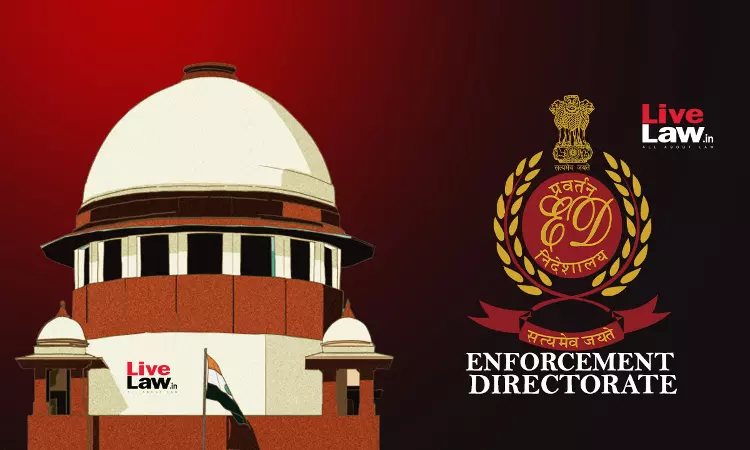'Is There No Other Competent Person?': Supreme Court Asks Centre On ED Director's Term Extension
Awstika Das
3 May 2023 9:15 PM IST

Next Story
3 May 2023 9:15 PM IST
"Is there no other competent person in the entire agency?" the Supreme Court on Wednesday asked Solicitor-General for India Tushar Mehta, in response to his submission that Enforcement Directorate chief Sanjay Kumar Mishra's tenure had been extended to ensure continuity in leadership ahead of the FATF peer review later this year. A three-judge bench of Justices BR Gavai, Vikram Nath,...
